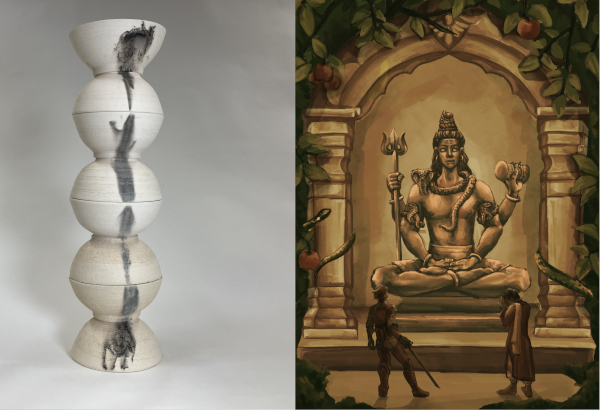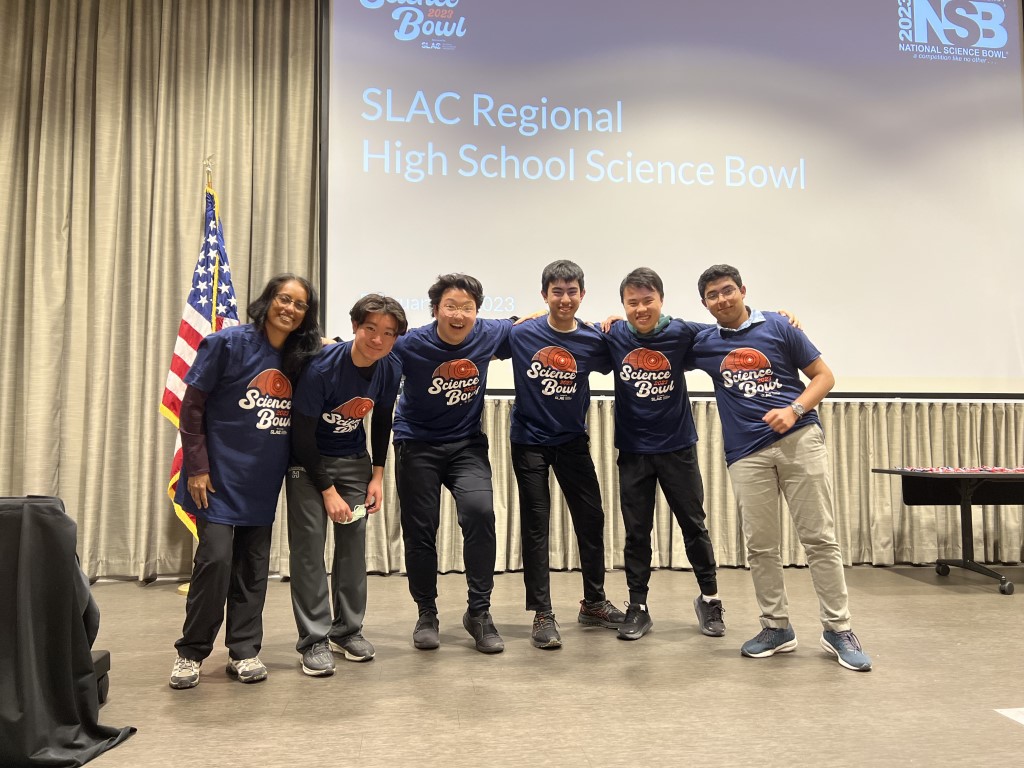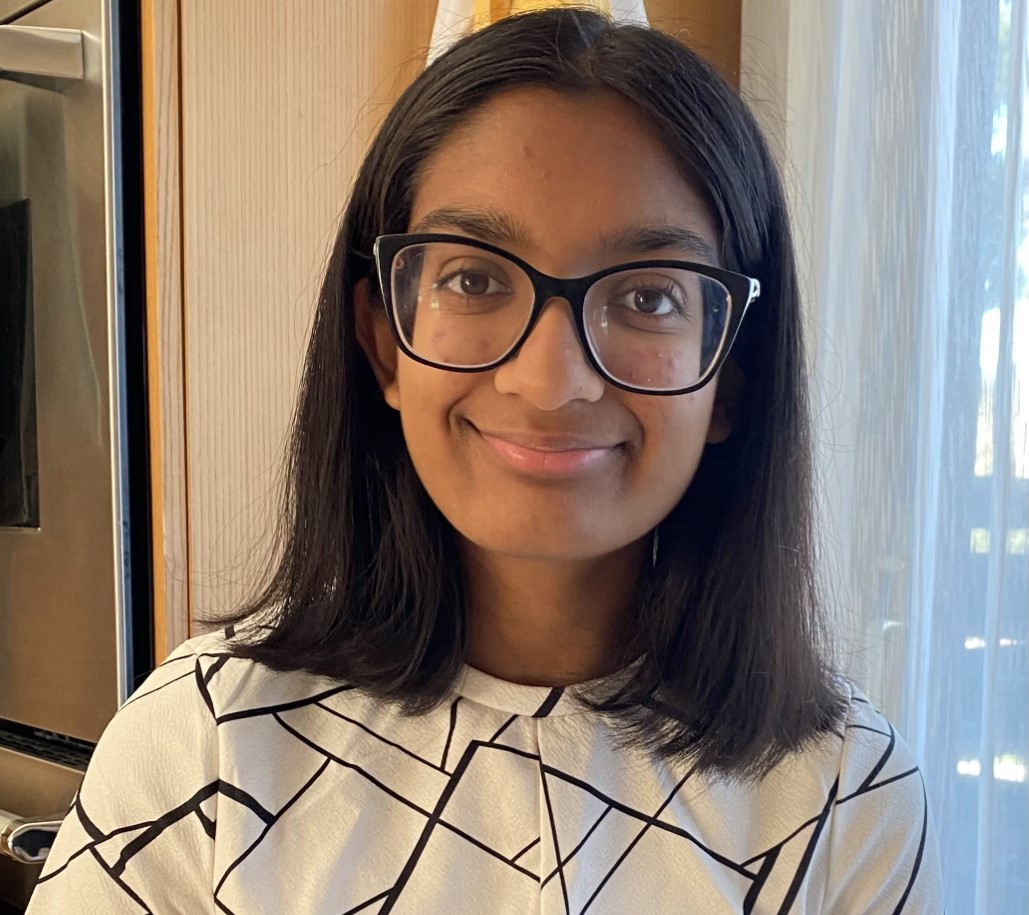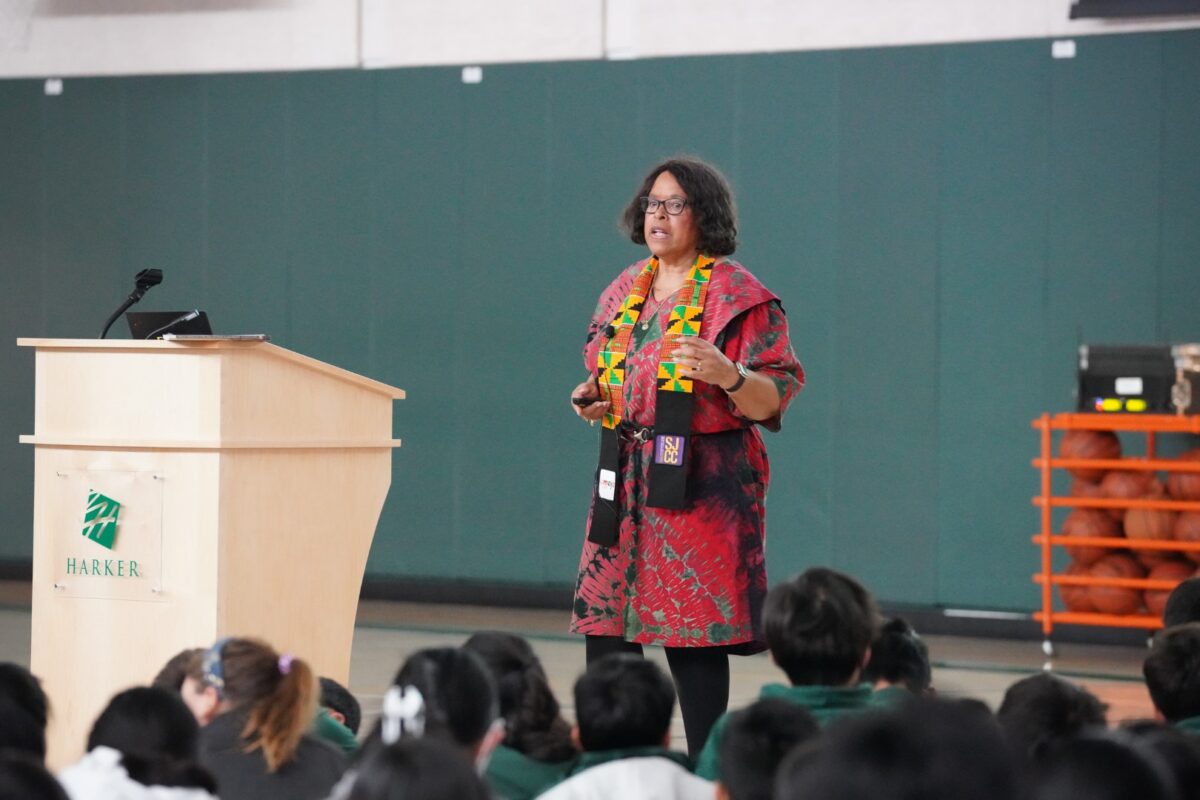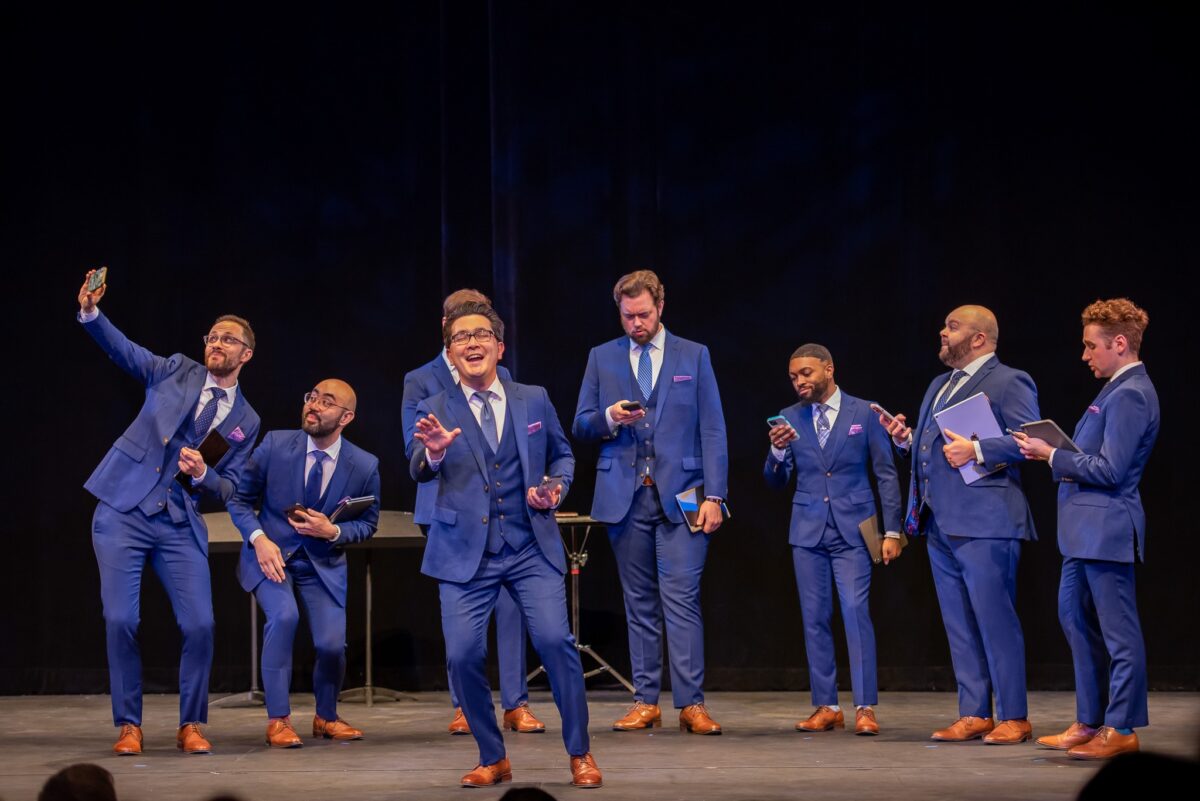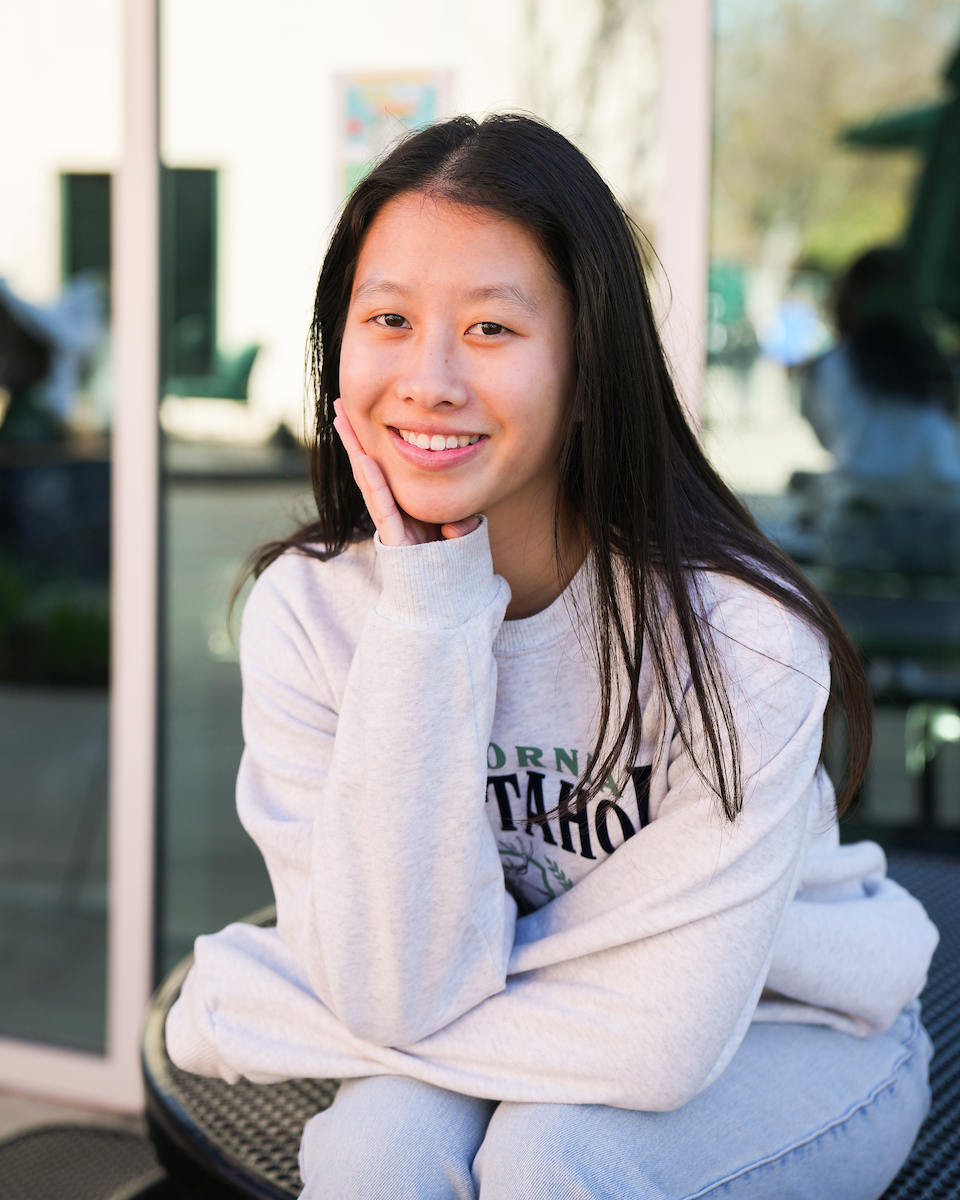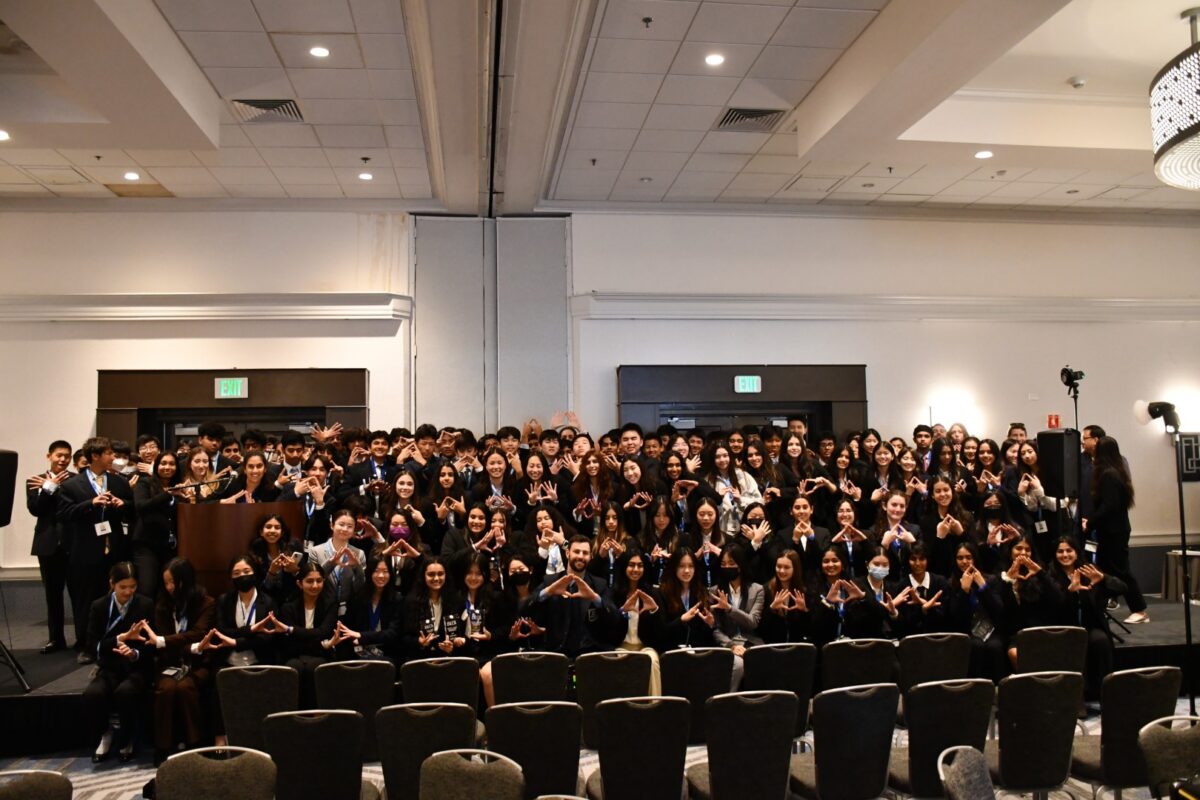Pieces by senior Claire Kampmeier and junior Maya Cheshire have been selected to be featured in the 2023 ArtNow exhibit hosted by New Museum Los Gatos.
alumni-express
Students receive 256 awards in Scholastic Art & Writing Awards
Harker middle and upper school students received 256 regional awards in the 2023 Scholastic Art and Writing Awards, receiving 107 awards for art and 149 for literature.
Harker takes second place at DOE Regional Science Bowl
Harker students Jeremy Ko, Ethan Liu, Jason Shim, Rohan Bhowmik and Arnav Swaroop took second place at the U.S. Department of Energy Regional Science Bowl, held at the SLAC National Accelerator Laboratory at Stanford University.
Junior receives honorable mention in NYT Student Review Contest
Junior Trisha Iyer received an honorable mention for her review of an exhibit at the Legion of Honor museum in San Francisco.
Assembly covers Black history in Santa Clara County
Last week, a special middle school assembly featured author and historian Jan Batiste Adkins, who shared the history of African Americans in the Bay Area and Santa Clara County area.
Cantus closes 2022-23 HCS season on uplifting note
The Twin Cities-based vocal ensemble delivered a diverse and creatively arranged collection of songs.
Speech and debate coach inducted into Gold Key Society
Speech and debate coach Greg Achten was inducted into the Emory University Barkley Forum’s Gold Key Society
Senior Sally Zhu named Regeneron finalist
She is now eligible to attend the final stage of the competition, to be held in Washington, D.C., in March.
15 Harker students honored at Berkeley Math Tournament
In November, 15 Harker students earned high marks on the Berkeley Math Tournament, held at UC Berkeley.
Harker DECA performs well at Silicon Valley Career Development Conference
More than 120 Harker DECA members attended the regional Silicon Valley Career Development Conference from Jan. 6-8.
